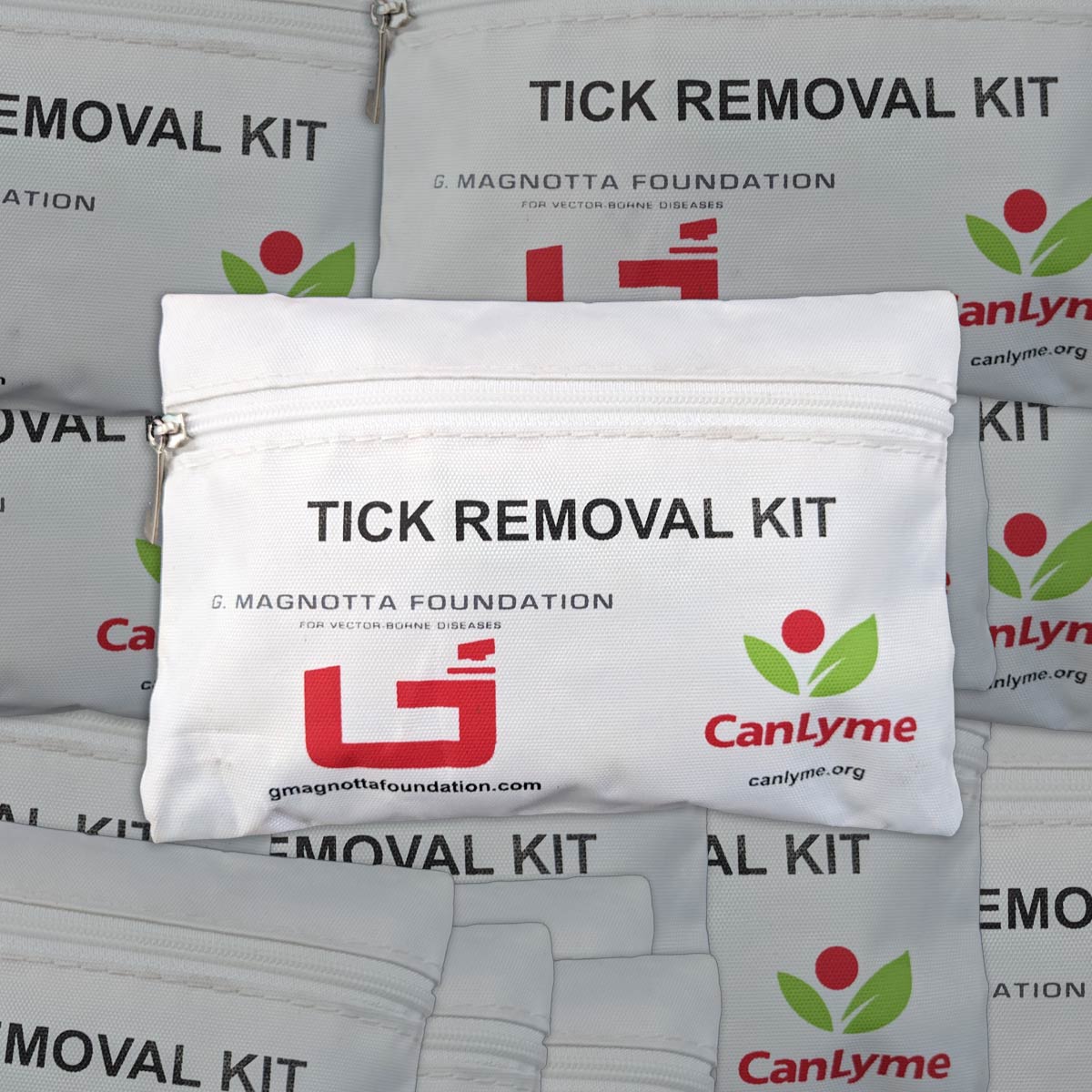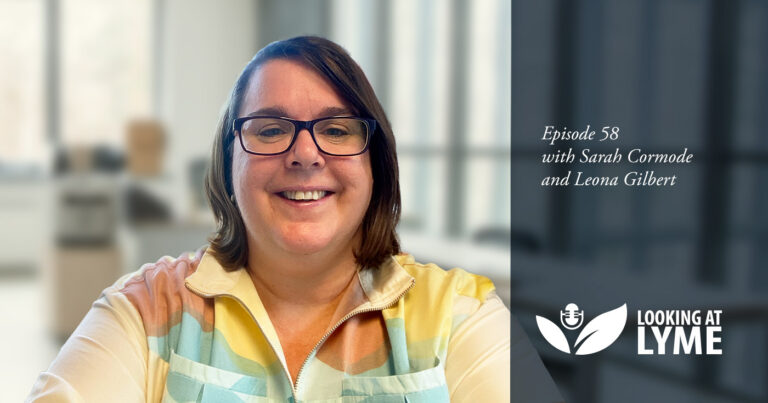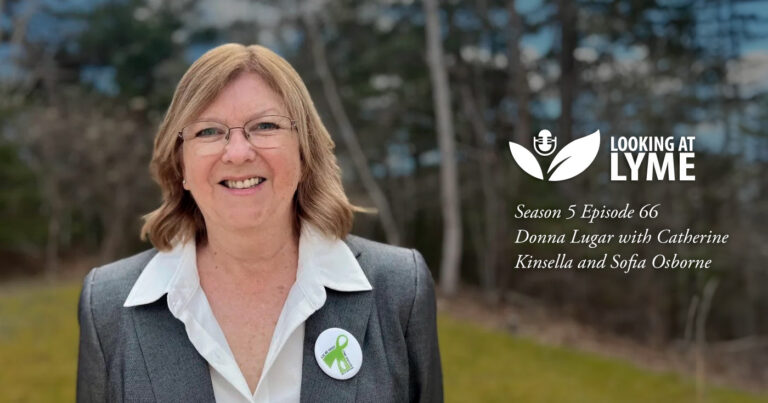67. Treating emerging infections with Dr. Jack Lambert
Clinician-researcher Dr. Jack Lambert shares his experience working on emerging infectious diseases and his approach to treating Lyme disease.

In this episode we speak with Dr. Jack Lambert, an infectious disease consultant at the Mater Misericordiae University Hospital in Dublin, Ireland, and professor at the University College Dublin School of Medicine. Originally from Scotland, Dr. Lambert completed his medical training in the US and has specialty certifications in adult and pediatric infectious diseases, general medicine, and sexual health.
He’s founder of the Lyme Resource Centre and serves as an advisory board member to Invisible International. We spoke with Dr. Lambert about his experience working on emerging infections, his approach to treating Lyme disease patients with antibiotics, and what is needed to improve Lyme disease research.
Experience working on emerging infections including HIV and Covid-19
Dr. Lambert shares his experience working as a doctor in New York during the 1980s with some of the first HIV patients, including pregnant women and children. With no treatments approved at the time, he describes having to improvise and use common sense to treat them. He also talks about his experience being on the frontlines during the outbreak of the Covid-19 pandemic, when doctors did not yet have guidelines or proof of what treatments would work, but again had common sense ideas of what could help patients. He draws a parallel to his work on Lyme disease, something we still don’t know very much about due to lack of research, but in which he says common sense is once again an important component of helping patients.
IDSA guidelines and antibiotic treatment
Dr. Lambert emphasizes that guidelines around duration of treatment with antibiotics should not be followed like laws. In many cases, he says his patients have needed longer courses of antibiotics than the guidelines suggest. While he says infectious disease doctors are flexible with the guidelines for many other conditions, we don’t see that same flexibility with the treatment of Lyme disease, with world experts at major institutions standing by the IDSA guidelines. But Dr. Lambert says that behind the scenes, he knows of doctors who are not following the guidelines, and instead treating patients for months. He says his approach is that he treats patients, not guidelines, and that chronic infections often require different, longer courses of treatment than acute infections.
Treatment plans
Dr. Lambert talks about the additional treatment he gives patients to repair their immune systems alongside antibiotics. He also discusses how he approaches treating his own patients, whom he selects because he thinks they have a suspicion of Lyme or other tick-borne infection based on their history and sometimes lab results. Treatments are individualized to each patient, and Dr. Lambert describes how he chooses a combination of antibiotics based on their suspected infections. He emphasizes that he doesn’t stop antibiotic treatment when the patient is getting better, only when their progress has plateaued. His goal is to get everyone off antibiotics after 12 months, and while it’s a challenging disease he says two-thirds of his patients respond to antibiotic treatment.
Underfunding of Lyme disease research
Dr. Lambert says he has received millions of dollars in investment in his HIV research, but has never received funding for Lyme disease research. He explains that Lyme research receives very little funding compared to other infectious diseases that are already more understood, despite how many taxpayers are affected by tick-borne infections, and that more governmental investment is needed into Lyme research worldwide.
How clinicians can be involved with research
Because the clinical cases of Lyme are so different from what we see in the textbooks, Dr. Lambert says it’s important to hear from clinicians on the wide variety of presentations of Lyme disease. He serves as the editor for a special topic of a journal which is looking to publish case reports from clinicians in order to get them into the scientific literature.
To stay up to date with Lyme disease research Dr. Lambert recommends Invisible International and their resources and presentations, rather than turning to IDSA guidelines.
Read more
- Lyme Resource Centre
- Invisible International
- Frontiers Research Topic on Diagnosis and Treatment Strategies of Tick-borne Diseases







